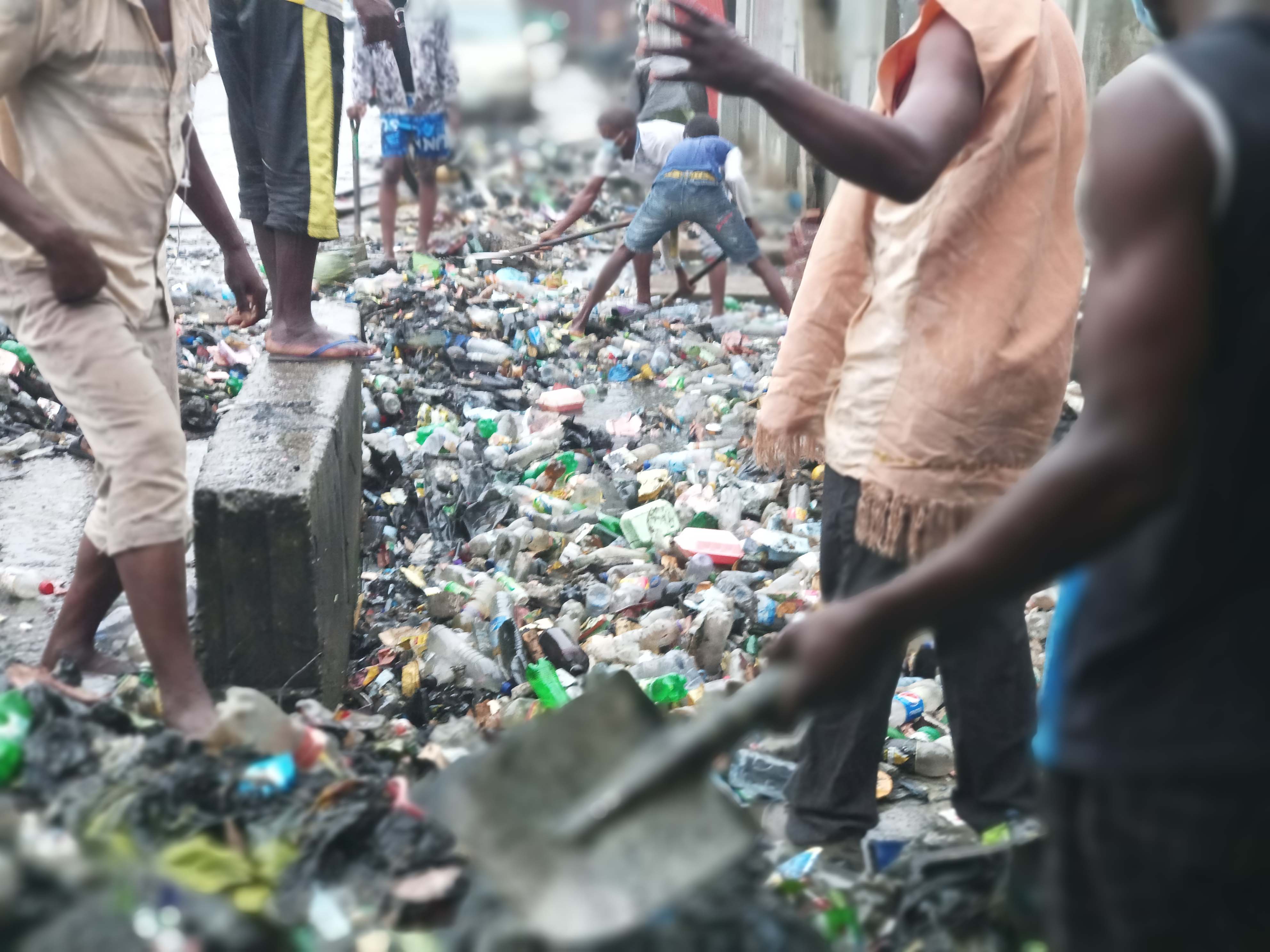Fed Govt: desertification threatens food security, livelihoods

Federal Government has decried the spread of desertification in large swathes in the North, warning that the crisis poses severe risks to food security, livelihoods, and the environment.
Minister of Environment, Balarabe Lawal, said between 50 and 75 per cent of the landmass in Bauchi, Borno, Gombe, Jigawa, Kano, Katsina, Kebbi, Sokoto, Yobe, and Zamfara States is impacted by desert-like conditions.
He described the situation as the most pressing environmental challenge confronting Nigeria’s dryland regions.
Lawal spoke in Abuja at a workshop to review the National Policy on Drought and Desertification. The event was supported by World Bank through the Agro-Climatic Resilience in Semi-Arid Landscapes (ACReSAL) Project.
Represented by Permanent Secretary, Mahmud Kambari, the minister noted that the affected states cover about 38 per cent of Nigeria’s land area and host nearly 27 million people.
“These regions are at risk of poverty, food insecurity, and forced migration due to harsh and worsening environmental conditions,” he warned.
He noted the critical role of the drylands in the economy.
“The dryland region supports over 90 percent of Nigeria’s cattle, two-thirds of sheep and goats, and almost all donkeys, camels, and horses. It also plays a vital role in agricultural production and export. But these areas have been impoverished by drought and desert-like conditions.”
The minister noted that land degradation is accelerating at an alarming rate. Between 2000 and 2010, Nigeria lost over 463,000 hectares of forestland, much of it converted into cropland, shrubs, and grasslands. In addition, more than 360,000 hectares have experienced declining productivity, with more areas showing early signs of deterioration.
Lawal identified unsustainable land-use practice, agricultural expansion, deforestation, mining, urbanisation, and climate change as main drivers of desertification and drought. He emphasised the need for a holistic approach that incorporates the perspectives of affected communities and stakeholders across sectors.
He lamented the limited impact of the National Policy on Drought and Desertification, which was formulated in 2007.
“The 17-year-old document requires review to address gaps and integrate sustainable development principles, such as gender equity, precautionary measures, and intergenerational justice,” he said.
Participants were urged to examine the outdated policy and contribute to developing a framework that is robust, participatory, and capable of reversing land degradation.
Furthermore, the minister hailed World Bank and ACReSAL for their support and urged stronger inter-sectoral collaboration to ensure the new policy aligns with Nigeria’s broader strategies on agriculture, mining, urban development, and climate change.
In his remarks, the National Project Coordinator of ACReSAL, Abdulhamid Umar, stressed that drought has become a recurring challenge requiring decisive policy action.
He noted that the project is being co-implemented by the Federal Ministries of Water Resources, Agriculture, and Environment, in collaboration with 19 northern states.
Umar called for the development of a comprehensive policy document to support integrated landscape management and enhance climate resilience.









